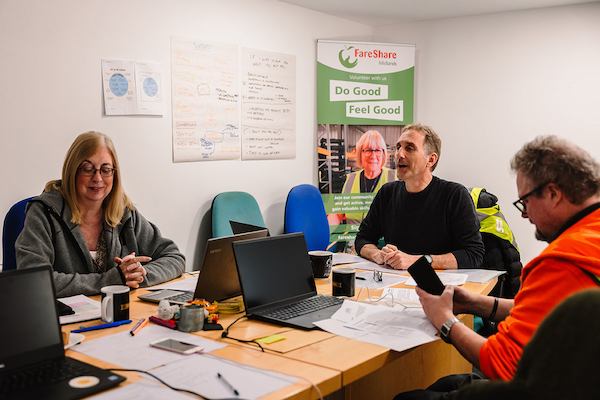The Scheme, overseen by a partnership made up of the Confederation of British Industry (CBI), the Trades Union Congress (TUC) and the Government, is a part of the Government’s industrial strategy for building a country that ‘works for everyone’. It’s a timely move, and the initial targeting at those who do not have a degree-level qualification and are paid below a certain wage threshold is a welcome move.
As the country is going through a huge political flux, and jobs are increasingly becoming automated and look set to become even more so, reskilling and retraining the existing workforce is especially important to help build skilled workforces, encourage worker productivity and help the growth of the economy.
For this scheme to work for everyone and to build a future workforce and economy that helps everyone, the Government must focus on building an inclusive and diversified workforce. To ensure an inclusive and diversified workforce that can help build the economy, growth, productivity, this means reskilling and retraining of the vulnerable and those at risk of marginalisation, such as older workers, women in STEM (science, technology, engineering and medicine) sectors and minority ethnic groups.


